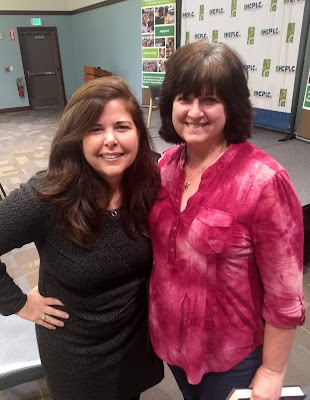 |
| Photo by Daniel Álvasd on Unsplash |
Most of the boxes are unpacked, the old house has a For Sale sign in the front yard, and I haven’t had an appointment with a real estate agent/carpet layer/repair professional for one entire week. Could this be the start of my new normal??
I hope so. It’s been so long since I had a regular writing schedule—or “regular” schedule of any kind—that I’m not sure yet how to proceed. I feel like I did when I started this blog in 2009. Where do I go from here?
That’s where you come in. Do you still enjoy seeing new
posts pop up in your email (see “Subscribe to posts” on the sidebar if you want
to receive posts this way), your feed reader, or when you randomly visit
Catching Happiness? I am so grateful for the faithful readers who have joined
me over the years; your comments have meant so much to me. Is there something
in particular you’d like to see covered on Catching Happiness? Is blogging dead
and Substack (or another platform) the preferred way to connect?
When my life isn’t absolutely insane, I love writing and curating content for Catching Happiness. I want to keep writing posts about topics such as happiness, positive psychology, and living a rewarding life. I still want to share personal essay-type stories, the occasional Link Love and inspirational quote.
I’ve grown older and my stage of life has changed, so some of my perspectives
and favorite topics have changed as well. And likely will continue to change.
Experiences that loomed large a few years ago—raising a child, being deeply
involved in horsemanship—are no longer quite the same. (I still have the child
and the horse, but my day-to-day interaction with both is quite different!) I
would like to continue exploring the pursuit of happiness right here, with you.
For now, that’s what I plan to do, unless I get a big wave
of feedback that convinces me otherwise. Consider yourself warned. 😊























